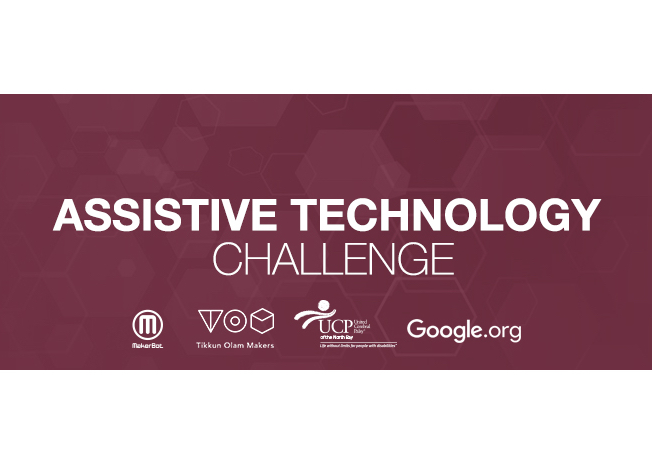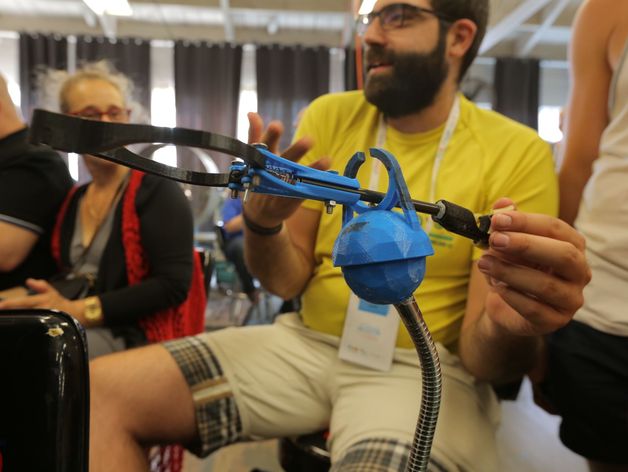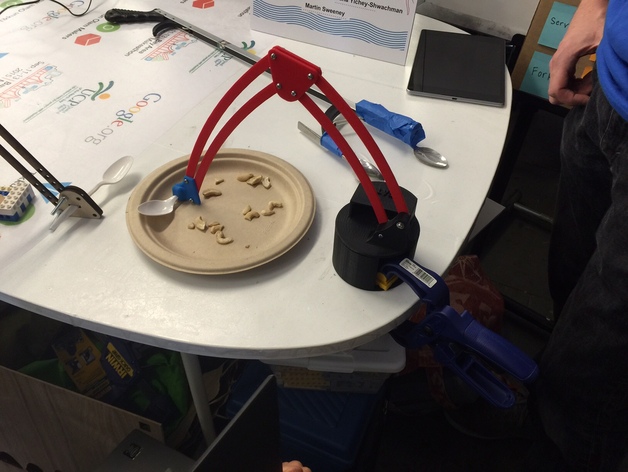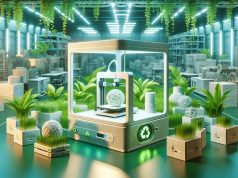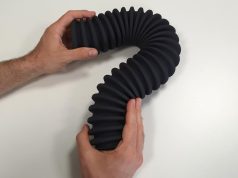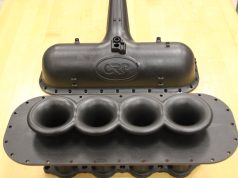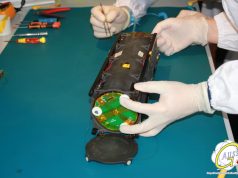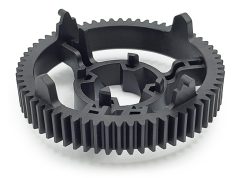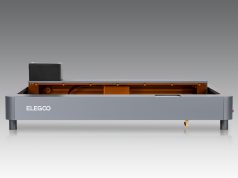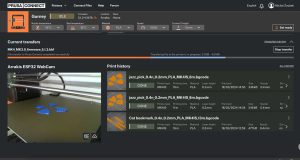MakerBot made available 3D designs for assistive devices and challenged members of Thingiverse to improve these prototypes.
The prototypes were designed at the Bay Area Makeathon for assistive technology, a 72-hour event organized by Tikkun Olam Makers (TOM) and United Cerebral Partners of the North Bay. The event brought people with disabilities and others who understand their needs together with technologists, educators, designers, and makers. Together they created groundbreaking assistive devices for people with disabilities who can’t find or afford off-the-shelf products to address their needs. MakerBot is announcing an Assistive Technology Challenge on Thingiverse to make these life-changing inventions available to people with disabilities worldwide and is inviting the global Thingiverse community to further iterate on the designs and prototypes.
The following are a select number of 3D printed devices from the Bay Area Makeathon that are featured in the Assistive Technology Challenge on Thingiverse:
Team Grabber won the MakerBot Award for Rapid Prototyping at the Bay Area Makeathon for a stick that allows Kim Lathrop, who has no arms, to grab and move objects with her mouth. Lathrop said that she is excited by the possibilities of the Grabber: “This device helps me do things myself, which is a basic human desire. There are so many things I’ll be able to do now, like setting a table for guests.”
Carry Crutches
Anyone who has ever had to walk on crutches knows how difficult it can be to carry things, especially a cup. 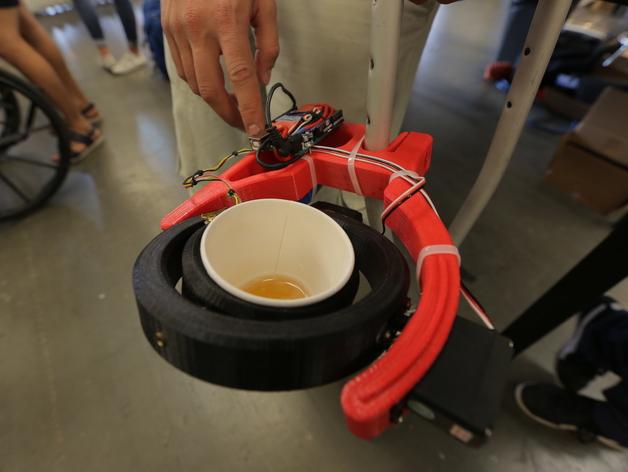 To solve this common problem, Team Carry Crutches developed a self-stabilizing cup holder that attaches to a crutch and can hold a beverage without spilling. The team designed a 3D printed gimbal inspired by those used to steady a camera on an aerial drone. The team developed
To solve this common problem, Team Carry Crutches developed a self-stabilizing cup holder that attaches to a crutch and can hold a beverage without spilling. The team designed a 3D printed gimbal inspired by those used to steady a camera on an aerial drone. The team developed
two versions of the cup holder: a mechanical version that costs only $15 in materials and combines 3D printed parts with ball bearings, and an electronic version that features a Raspberry Pi, servo motors, and an accelerometer which costs $30 to build.
Smart Ass
Frequent wheelchair users are at risk for developing pressure sores after staying in one position for too long; some sores can cause serious infections. Right now there are very few measures to combat this problem, like using a soft pillow to minimize contact with a seat. The team 3D printed a device that could be fitted to the bottom of any wheelchair seat and equipped it with sensors that tell the wheelchair user, or a caregiver, to shift their weight to ensure blood flows to the affected area. They also created a smartphone application via which the notification to move would appear, and directly paired that with the 3D printed device.
For a person with limited hand control, using a spoon, fork, or knife is a significant challenge. There are feeding devices available, but they typically cost thousands of dollars and often promise more than they deliver. Using several 3D printed parts, team iEat developed a low-cost device that helps people with limited hand control to feed themselves.
Pill Crush
Pills can be too large for people to swallow and many consumers have difficulty crushing these pills to make it easier for them to take. 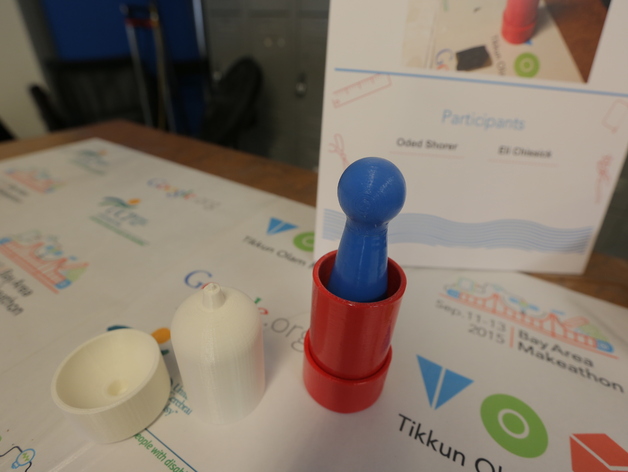 Currently available solutions often waste medication in the process of transferring the crushed medicine from a mortar to a syringe. Team Pill Crush prototyped a portable medicine grinder that also functions as a syringe using a MakerBot Replicator Desktop 3D Printer. The final device will be made of nonstick materials and include tools to round up any remaining medication.
Currently available solutions often waste medication in the process of transferring the crushed medicine from a mortar to a syringe. Team Pill Crush prototyped a portable medicine grinder that also functions as a syringe using a MakerBot Replicator Desktop 3D Printer. The final device will be made of nonstick materials and include tools to round up any remaining medication.
The Assistive Technology Challenge on Thingiverse will last until November 1 and invites Thingiverse users to rethink, remix, and expand upon select designs from the Bay Area Makeathon, with the focus being on creating things that assist people with disabilities. Participants can also upload new designs of their own. Submissions will be judged based on creativity, usability and real-world impact. Participants have a chance to win a MakerBot Replicator (5th generation) with MakerCare, have their design featured on the MakerBot Thingiverse website, and receive strategic consulting to take their prototype to the next level and help people globally.
Subscribe to our Newsletter
3DPResso is a weekly newsletter that links to the most exciting global stories from the 3D printing and additive manufacturing industry.



